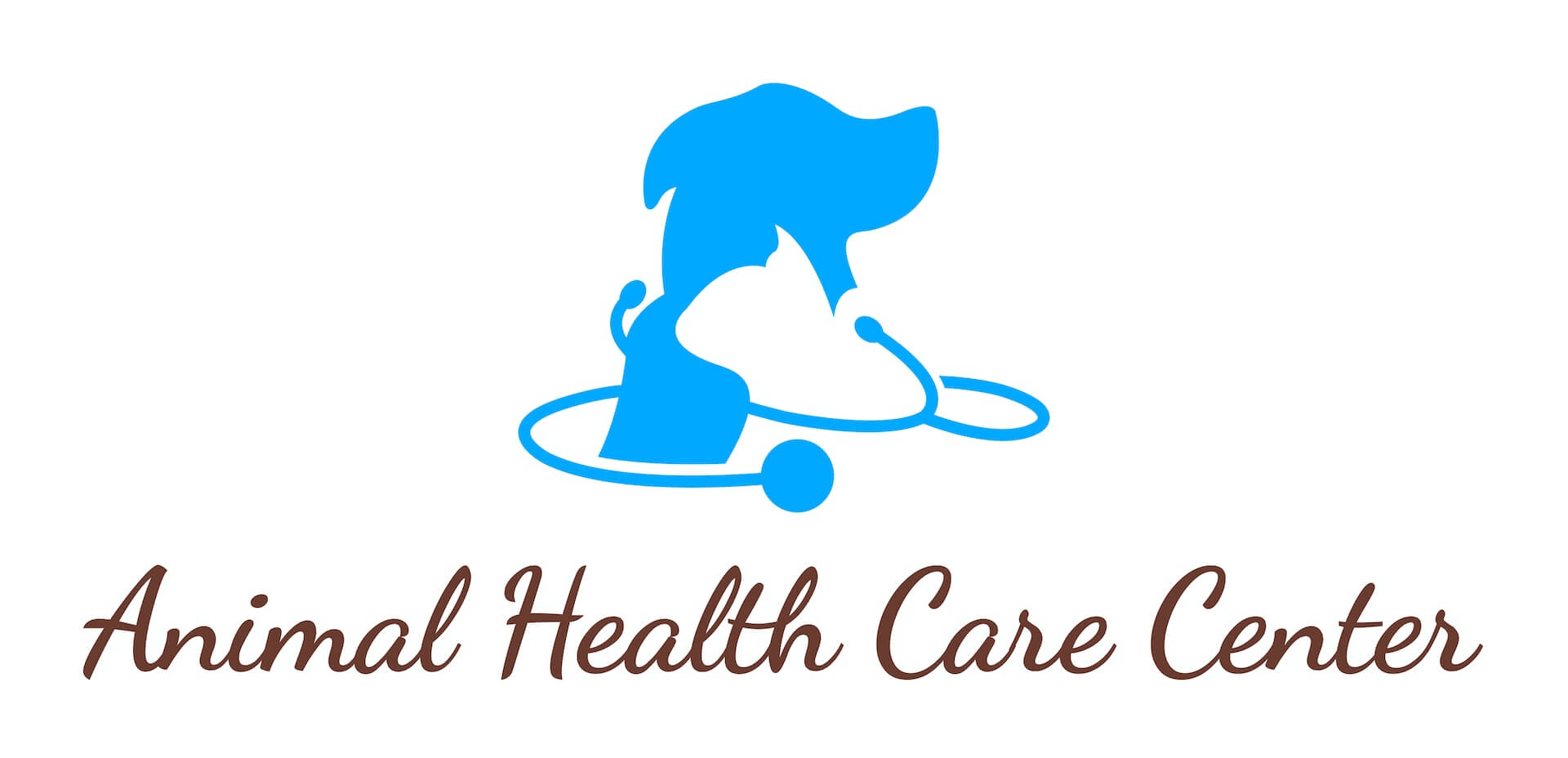Animal Health Care Center Offers A Full-Service Veterinary Clinic
At Animal Health Care Center, we believe that your pet is a part of the family, yours and ours. That is why we have made it our mission to provide comprehensive and compassionate veterinary care that is in the best interests of you and your furriest family member. If you are in the Arlington area and are looking for a caring veterinary team to help make sure your pet remains in good health, we are nearby and ready to help.
To learn more about the many services our veterinary clinic offers, or to schedule an appointment, please contact us or call us at (817) 467-6688
At Animal Health Care Center, we offer a variety of services to care for your pet. If you have any questions or would like more information on how we can care for your pet, please contact us today.
